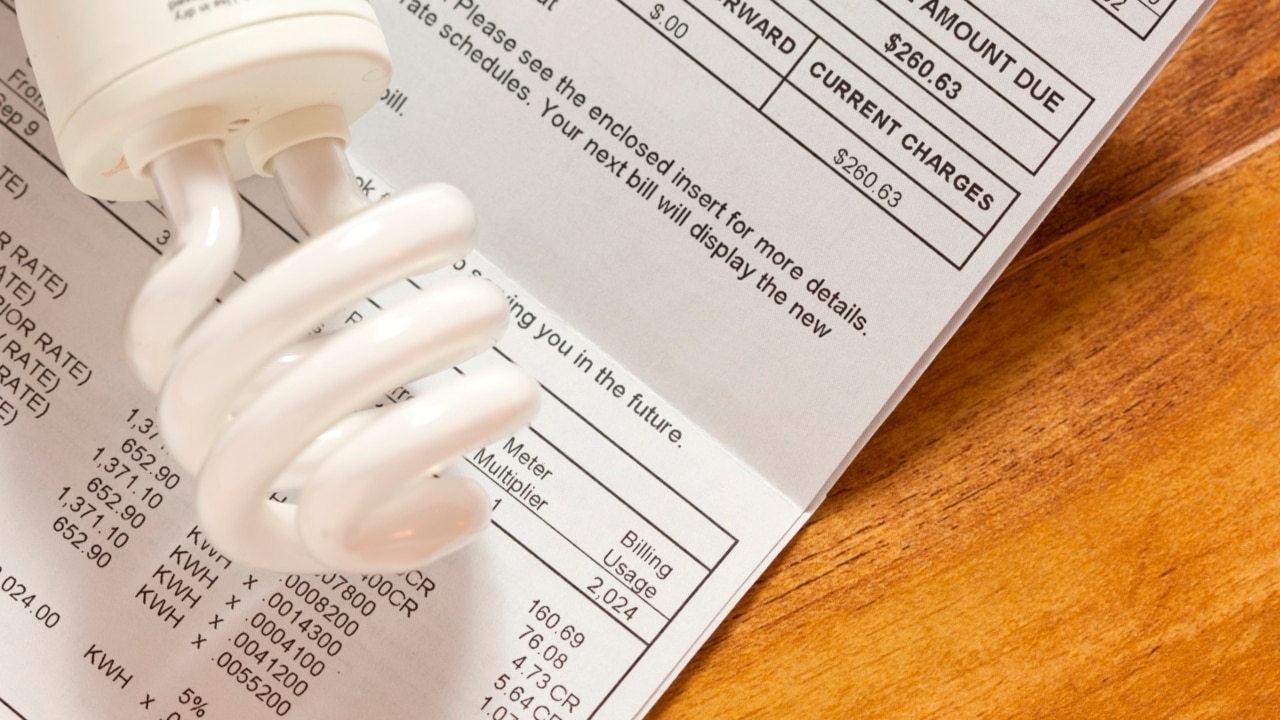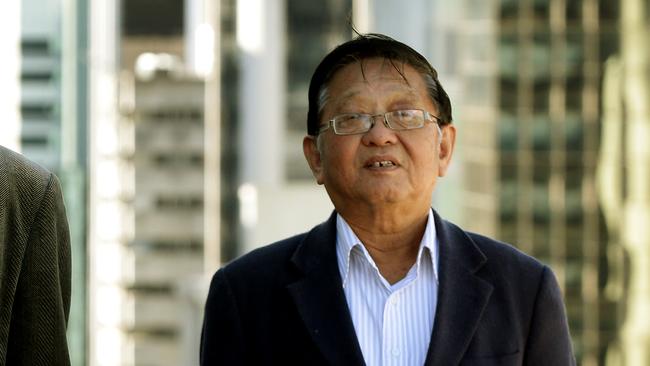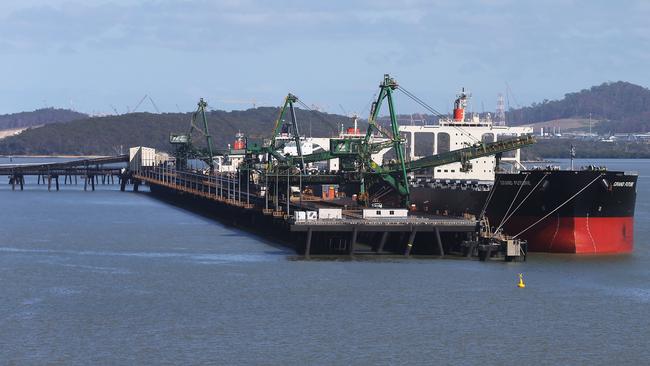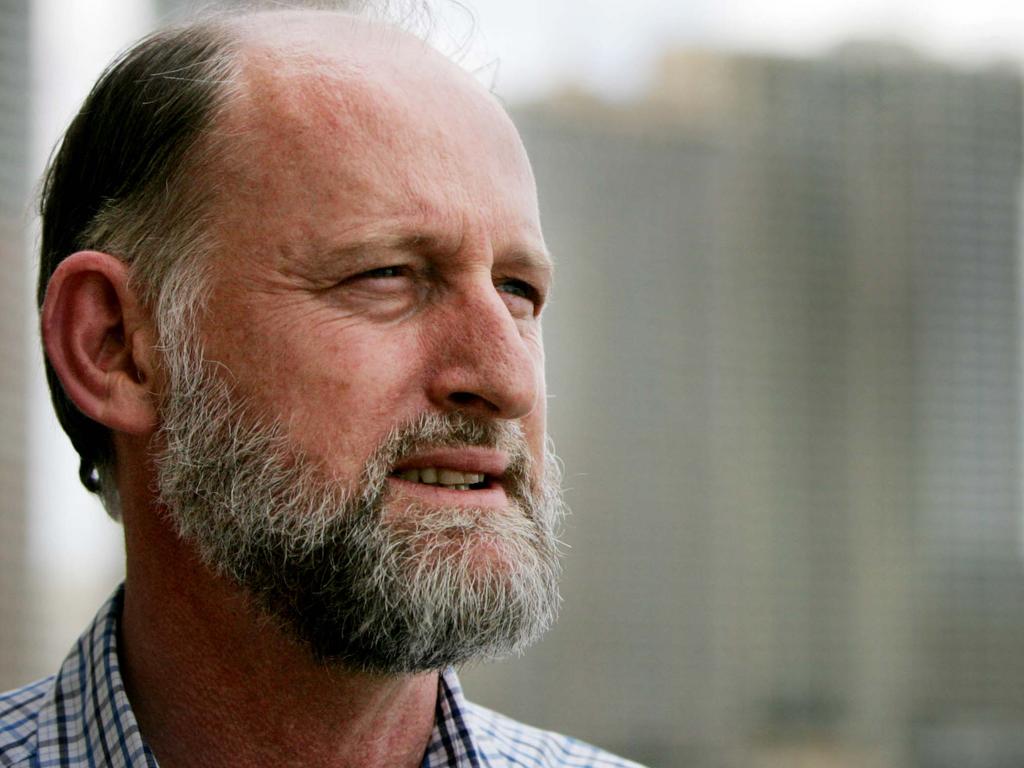Reclusive Queensland coal baron Sam Chong rake in billions of dollars as coal price surges
Little-known Brisbane miner Sam Chong has made a bumper $1.92bn profit via his Jellinbah Group in 2022, amid record coking coal prices.

The wealth of Australia’s coal barons is booming amid a soaring coal price, with the private miner founded by little-known Brisbane billionaire Sam Chong declaring a $1.92bn profit the past financial year and handing over $1.7bn in dividends to its owners.
Mr Chong was one of the major beneficiaries of $1.2bn in dividend cheques sent on Monday by Jellinbah Group, after the Queensland coking coal miner booked a record profit for the year on the back of the surging coal price.
Jellinbah’s Queensland mines export mostly coking coal used by steel mills, and raked in cash as the price of metallurgical coal jumped to more than $US600 a tonne shortly after Russia’s invasion of Ukraine in February.
The company booked a $1.92bn after-tax profit for the financial year, documents lodged with the corporate regulator this week show, almost 700 per cent above the $240.4m profit from the previous year as its share of its Queensland mines spun off more than $2bn for Jellinbah’s owners.

The accounts show Jellinbah paid a $1.2bn dividend on October 31, on top of a $525m interim dividend paid in late March – all of which, according to the accounts, was fully franked after Jellinbah paid more than $820m in corporate taxes for the year.
Such were the rivers of cash pouring in from its coal sales in the past year that Jellinbah was sitting on $1.77bn in its bank account at the end of June, ahead of the October payment of its final dividend.
Jellinbah owns its Queensland mines with subsidiaries of Japanese group Marubeni and global mining giant Anglo-American.
The company holds a 70 per cent interest in the Jellinbah Mine in Queensland’s Bowen Basin, an open-cut project producing pulverised coal for injection (PCI) and semi coking coal. The remainder is held by Marubeni Coal and Sojitz Coal, which own 15 per cent each.
The mine produced 5.1 million tonnes of coal in the 2020-21 financial year.
Mr Chong’s group also has a 70 per cent shareholding in the Lake Vermont mine at Dysart, 240km northwest of Rockhampton, which has capacity to produce almost 10 million tonnes of hard coking coal and PCI each year.
Jellinbah’s annual accounts did not put a figure on its financial-year production, but its extraordinary profits are likely to be based on lower output than the 14.8 million tonnes its mines produced in the previous financial year, given the battering taken by the Queensland coal sector from heavy weather during the year.
Output at BHP’s Queensland coal operations slumped almost 10 per cent for the year, to 37 million tonnes, but mining giant BMA’s mines booked $US9.5bn ($14.8bn) in earnings before interest, tax, depreciation and amortisation – up from $US288m the previous year. Similarly, Coronado Global Resources recorded a 15 per cent slump in production from its Curragh coal mine in the nine months to the end of September, with the company pointing to wet weather and a tight labour market.
The metallurgical coal price has softened substantially since its March peak, and premium quality coal was last trading at about $US311 at tonne, about 20 per cent below current thermal coal prices.

The situation is a reversal of coal’s normal pricing structure, where thermal coal fetches about 60 per cent of the benchmark coking coal price, based on long-term averages.
Of Jellinbah’s $4.08bn in coal sales last financial year, $3.86bn came from the sale of metallurgical coal, with only $214.1m coming from thermal coal markets, the accounts show.
But the PCI coal produced at both Jellinbah’s mines can be sold to either steel mills or to coal-fired power plants in Asia and Europe, currently desperate for fuel ahead of the northern hemisphere winter, meaning the coal price-driven profits may not be nearing their end for Mr Chong’s company.
The reclusive billionaire has worked in the Queensland mining sector for decades, and this year also marks 55 years since the Malaysian-born Mr Chong arrived in Australia.
After completing postgraduate study at the University of NSW, his first job was at the Rosebery silver, lead and zinc mine on the Tasmanian west coast, where he worked as an underground ventilation engineer.
He later took a job with Queensland Coal Mining Management, which would become Jellinbah Group.
Mr Chong’s wealth was estimated at $1bn earlier this year in the 2022 edition of The List – Australia’s Richest 250, published by The Australian, but the extraordinary performance of Jellinbah last financial year is likely to see him – along with other Queensland coal barons such as QCoal’s Chris Wallin – shoot higher up the list next year.
Much of Mr Chong’s wealth is derived from his stake in Jellinbah, which was established in 1988, although he and his family also own hotels and property in Brisbane via their Felicity Hotels business.





To join the conversation, please log in. Don't have an account? Register
Join the conversation, you are commenting as Logout